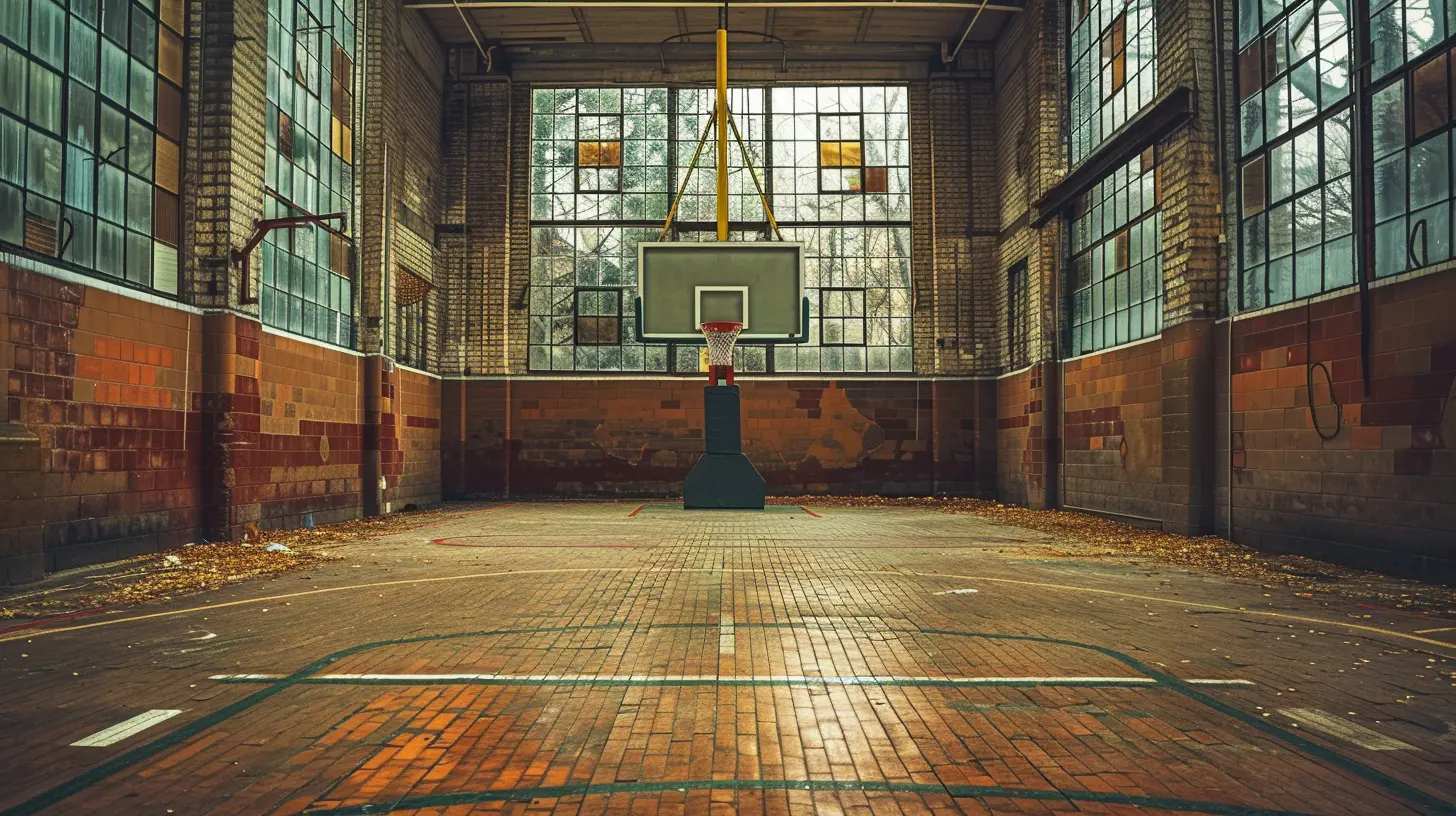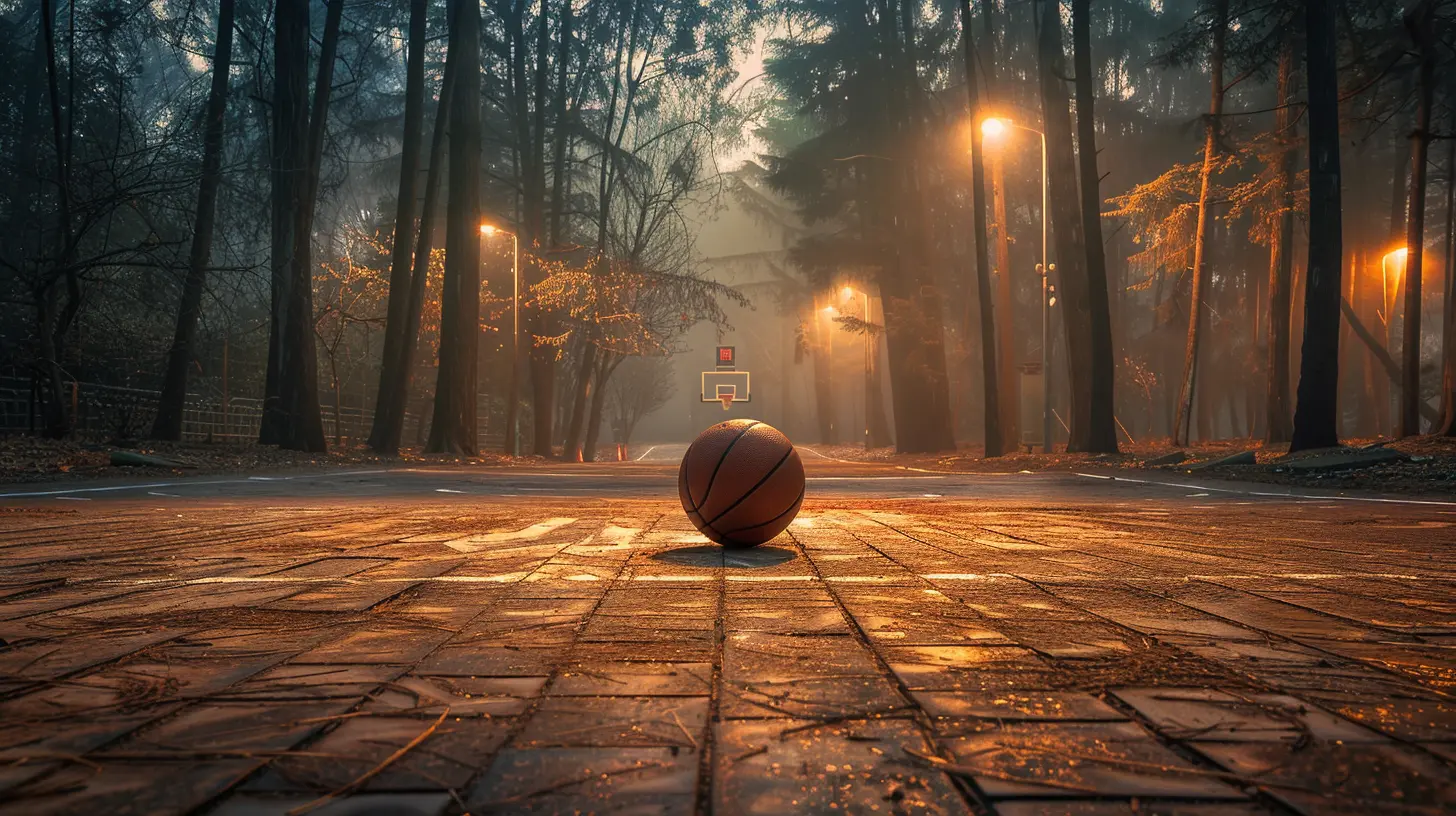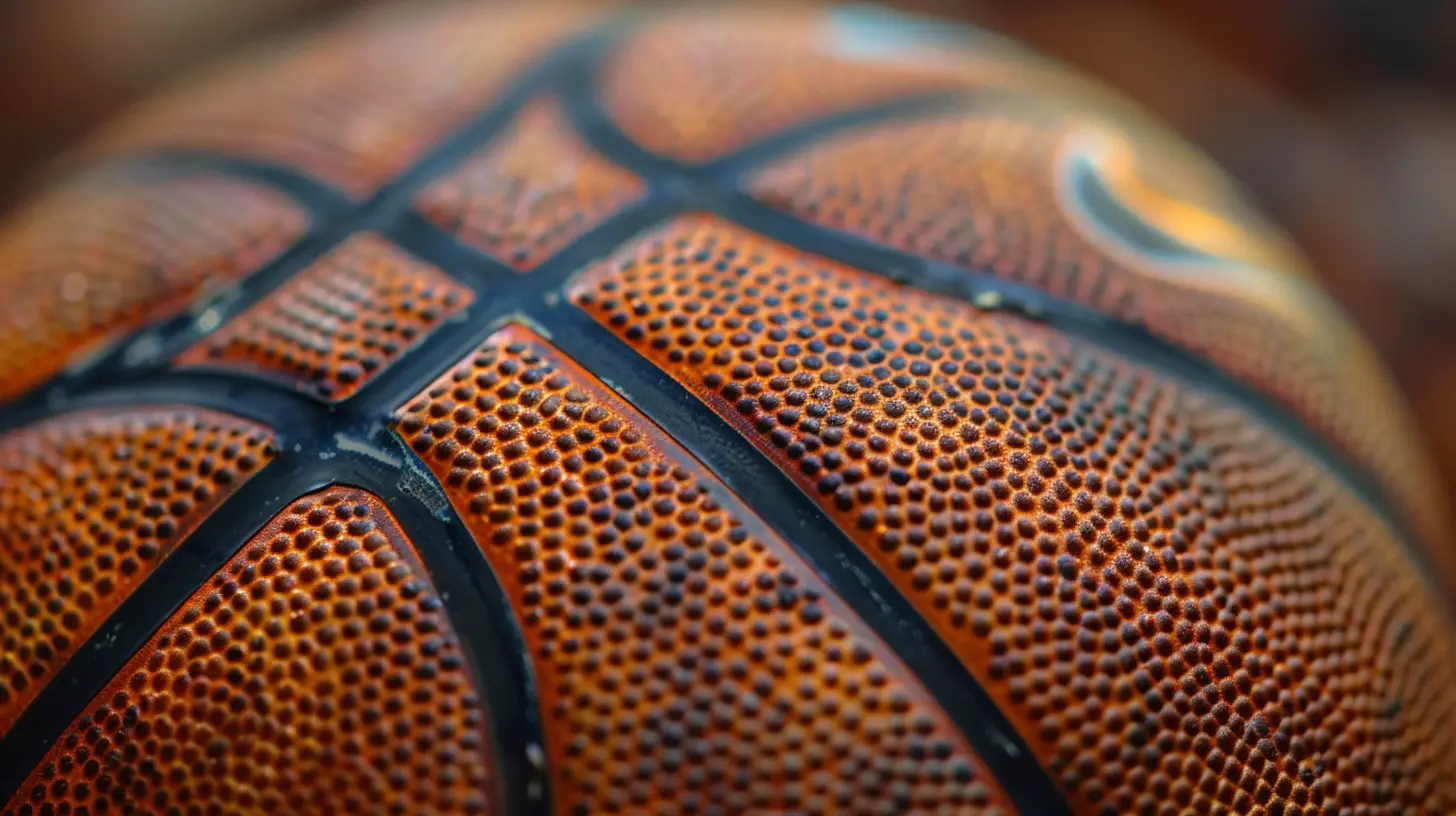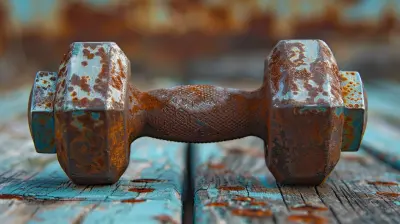26 April 2025
The basketball season can be a rollercoaster, full of highs, lows, and endless hours of practice. But what happens when the season ends? The offseason is a critical time, and it's easy to fall into the trap of relaxing too much and letting your fitness slide. I get it—after months of intense games and brutal workouts, your body is screaming for a break. But if you want to stay sharp and be ready to hit the court running when the new season rolls around, you’ve got to keep your body in shape.
So, how do you maintain your fitness during the offseason without burning out? I'm glad you asked. Whether it’s keeping your endurance up, improving your strength, or refining your skills, there are plenty of ways to stay in top form. Let’s dive in!

1. Set Clear Offseason Goals
First things first—let's talk about goals. The offseason is the perfect time to focus on areas you didn’t have time to address during the season. Maybe you want to improve your shooting range, increase your vertical jump, or even work on your endurance. Whatever it is, having a clear goal will help you stay motivated and give you a roadmap to follow.Think of it this way: If you don’t know where you’re going, how will you know when you get there? Setting clear, specific goals for the offseason will help you stay on track and make sure you’re improving in the areas that matter most.
Pro Tip: Break down your goals into smaller, achievable tasks. For example, if your goal is to improve your endurance, start by running three times a week and gradually increase the intensity. Small wins add up to big results!

2. Stick to a Workout Routine
Okay, I know what you’re thinking. "I just finished the season; do I really need a workout routine right now?" The answer is yes! But here’s the thing—you don’t need to go all out like you’re in the middle of playoffs. The goal is to maintain fitness, not exhaust yourself.A well-rounded offseason workout routine should focus on four key aspects:
- Cardio Conditioning: You don’t want to lose your stamina, right? Running, swimming, or cycling can help build and maintain your cardiovascular endurance. High-intensity interval training (HIIT) is also great for keeping your energy levels high during games.
- Strength Training: You might have been hitting the weights during the season, but now’s the time to really focus on building muscle. Focus on compound movements like squats, deadlifts, and bench presses to build overall strength. Strong legs and a solid core are critical for explosive movements on the court.
- Flexibility: Ever notice how the best players seem to glide across the court? That level of fluidity comes from flexibility. Stretching, yoga, or Pilates can help you stay limber and reduce the risk of injury.
- Skill Work: Don’t forget the fundamentals! Spend time working on ball handling, shooting, and footwork. These are the skills that will separate you from the pack when the season starts again.

3. Focus on Recovery and Rest
Let’s be real: the offseason is the perfect time to let your body recover. Basketball is incredibly demanding, and your muscles, joints, and mind need some time to heal. But resting doesn’t mean doing nothing.Active recovery is a great way to take it easy while still staying in shape. Activities like swimming, hiking, or even walking can keep your body moving without putting too much strain on it. Foam rolling and using a massage gun are also excellent ways to relieve muscle tension and improve blood flow.
Sleep is another major factor when it comes to recovery. If you’re not getting at least 7-8 hours of quality sleep every night, you’re doing your body a disservice. Sleep is when your muscles repair themselves, and it’s also when your brain processes all the skills and drills you’ve been working on.

4. Fine-Tune Your Nutrition
You know the saying, “You are what you eat”? Well, it couldn't be more true when it comes to staying in shape during the offseason. The offseason is the perfect time to clean up your diet and make sure you’re fueling your body with the right nutrients.Here’s a basic rundown of what you should focus on:
- Protein: Muscle recovery and growth hinge on a proper intake of protein. Lean meats, tofu, eggs, and protein shakes are all great sources.
- Carbohydrates: Yes, carbs are your friend, especially when you’re staying active. Stick to complex carbs like whole grains, fruits, and vegetables instead of going for sugary snacks.
- Healthy Fats: Fats get a bad rep, but they’re essential for brain health and hormone production. Foods like avocados, nuts, and olive oil are your go-to here.
- Hydration: Don’t slack on water intake just because the season is over. Staying hydrated helps with muscle recovery, digestion, and overall energy levels.
Pay attention to how your body responds to different foods. If you notice that certain meals give you more energy or help you recover faster, make a note of it. Building good nutrition habits during the offseason will set you up for success when the season starts.
5. Condition Your Mind, Too
Basketball is as much a mental game as it is physical. During the offseason, it’s easy to forget about the mental aspect, but maintaining your mental toughness is just as important as keeping your body in shape.Here are some ways to keep your mind sharp:
- Mindfulness and Meditation: Taking a few minutes each day to practice mindfulness or meditation can improve your focus, reduce stress, and help you stay present on the court.
- Film Study: Watching game film is one of the best ways to improve your basketball IQ. Watch your own games to identify areas where you can improve, or study professional players to pick up new techniques.
- Visualization: Picture yourself executing a perfect jump shot or making a game-winning pass. Visualization is a powerful tool that can help you build confidence and improve performance when you’re back on the court.
6. Mix Up Your Activities
Let’s face it—doing the same workouts over and over can get boring fast. One of the best things about the offseason is that it gives you the freedom to mix things up. Play different sports like soccer, tennis, or even beach volleyball. These sports can help improve your agility, coordination, and endurance while giving your mind a break from basketball.Cross-training is another great way to stay in shape without burning out. Activities like swimming or cycling can be easier on your joints while still giving you a great workout. Plus, it keeps things fresh and fun!
7. Stay Engaged with the Game
Even though you’re not playing in competitive games, it’s important to stay connected with basketball. Whether it's through pickup games, camps, or clinics, staying engaged with the sport will keep your skills sharp and help you stay motivated.Find a local gym or park where you can play pickup games with friends. You don’t need to go all out every time, but these casual games will help you maintain your competitive edge and give you a chance to test out any new skills you’ve been working on.
If you’re really serious about improving, consider attending a basketball camp or clinic. These programs are a great way to get professional coaching, meet other players, and immerse yourself in the game during the offseason.
8. Track Your Progress
How do you know if you’re improving? By tracking your progress! Whether it’s through a fitness app, journal, or even just jotting down notes on your phone, tracking your workouts, diet, and performance can help you stay accountable.Measure things like your vertical jump, shooting percentage, or even how long you can run without getting winded. By having concrete numbers to reference, you’ll be able to see just how far you’ve come when the season rolls back around.
9. Stay Consistent
Here’s the deal: none of this works if you’re not consistent. It’s easy to get excited at the beginning of the offseason, but staying dedicated for the long haul is what will set you apart from the competition.Create a schedule that works for you, and stick to it. That doesn’t mean you have to work out every single day, but make sure you’re putting in the effort on a regular basis. Consistency is the key to long-term success—both on and off the court.


